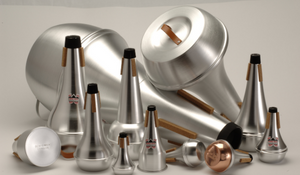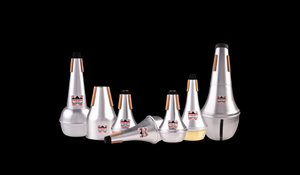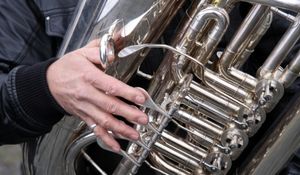
While every gig has its challenges, the Sunday morning church gig has some unique surprises that you won't find anywhere else. First, the sanctuary where you will be seated is a big echo chamber where the smallest sound carries forever. Sanctuaries can be drafty, be too hot, too cold, have horrible site lines, and a host of other surprises. Pack these supplies to keep you prepared for every scenario at your next church gig.









